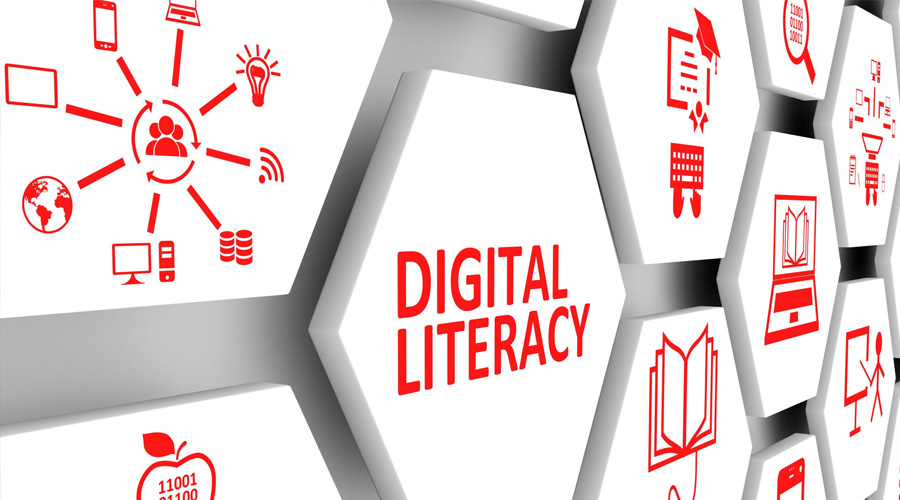In March 2022, the Indian government is permitting 900 more colleges to offer online degree programs and will allow more freedom to universities and institutes offering undergraduate and postgraduate courses to collaborate with EdTech platforms to develop course content and offer online degrees. This will help to bridge the gap in digital literacy in the recent times. Last week, the School Education Department of Andhra Pradesh partnered with EdTech platform Byju’s to provide quality content to government school students from classes 4-10. School Education Commissioner S Suresh Kumar and Byju’s vice-president Sushmit Sarkar signed an MoU in the presence of Chief Minister Y S Jagan Mohan Reddy, Education Minister Botsa Satyanarayana, and Special Chief Secretary B Rajsekhar on Thursday. Byju’s CEO Raveendran participated through a video link.
The state government has also decided to distribute tablet devices, for Rs 500 crore, to 4.7 lakh students of class 8 to aid in digital learning. Byju’s content would be incorporated in all textbooks for these classes from next year in both Telugu and English. “Visual presentation and content enhancement would come through from 4th to 10th class in government schools. This will be a game-changer,” the Chief Minister said. He further added that required orientation would be given to teachers as well to guide the students in a better way.
- Top 5 Career Training Platforms Help Students and Professionals with the Purpose of Creating a Work-Ready India
- Fog Computing and Edge Computing Illustrated for Education IT Teams
- Top Educational Robots in Hybrid Classrooms
Giving Boost to Digital Literacy
Collaboration between governments and EdTech platforms will provide students with diverse learning experiences and give a boost to digital literacy. The UGC’s move runs counter to announcements that warned universities against offering distance and online courses in partnership with EdTech platforms, saying “no franchise agreement” would be permitted.
The government is allowing EdTech-higher education partnerships – including with foreign EdTech companies, industry-developed courses, and overseas universities offering online courses, as long as the Indian institution owns the content – in order to strengthen the digital education ecosystem, as EdTech firms possess tools and technologies that universities could be lacking, officials said.
The changes are also an acknowledgment that many institutions do not have the resources or skills to develop online curricula, while EdTech companies have expanded rapidly, creating proprietary content.
At present, 59 universities in India offer 120 undergraduate and 29 postgraduate degree programs, and two postgraduate diploma programs, online. Out of the total courses offered online, only 15% are science courses, 50% are related to business administration, and the remaining 35% are in the humanities.
According to draft UGC guidelines, institutions offering online degrees can source up to 40% of the course content externally in collaboration with EdTech companies, while 60% of content must be developed in-house with the assistance of EdTech companies.
However, EdTech companies will not be allowed to advertise content developed with their help as their own. Higher education institutions will have “complete ownership of intellectual property rights” relating to content developed in-house, according to the draft regulations.
At the beginning of the year, the central government stated that they are working on a policy to regulate EdTech platforms, which entered the academic space in a big way during the pandemic. Education Minister Dharmendra Pradhan announced an online All India Council for Technical Education (AICTE) event, where regional language technical education books and free online course coupons for students from economically weaker sections were launched.
Pradhan spoke about related policy issues as well, one of them is EdTech or education technology, which has dominated the Indian education system given the hybrid nature of learning ever since Covid-19 struck. “We have found that some EdTech companies are exploiting students in the name of loan-based courses. The companies are welcome to do business in India but they cannot exploit students,” said Pradhan.



